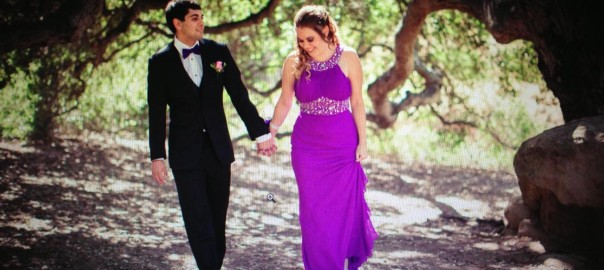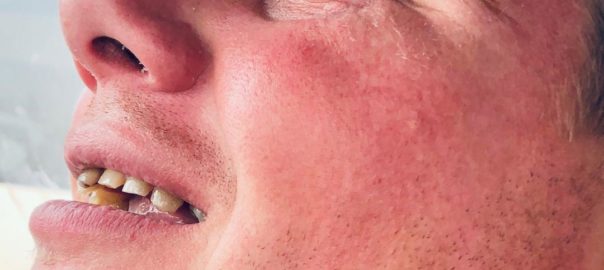The thing to understand about intimacy and caring within a relationship is this: the skills necessary for healthy love began being acquired long before “relationship” was even a consideration. Especially a romantic sexual one.
It begins in early childhood.
So, with Valentine’s Day only a week away highlighting stories and gifts meant to celebrate romantic love, I am sharing insights for caregivers meant to guide you as you guide your loved ones toward healthy relationships. Specifically if you are the parent or caregiver of someone with autism or a similar disorder.
Note: Anytime we talk about guiding people with autism we are talking about guiding people with challenges that are similar to, though more extreme than, people without autism.
Some things to know as you teach love and sex:
Autism influences sexual behavior. Intimacy is a sensory experience, and people with autism have a heightened sensitivity to sensory input. A person with autism may have an extreme distaste for certain smells or an intense excitability from certain textures. Regardless of the severity of the disorder, these sensory issues are bound to influence sexual behavior.
Autism can influence sexual orientation. In large part due to the aforementioned sensory sensitivities. When a person has a heightened sensitivity to sensory input it can be easier, and feel safer, to relate to someone of the same gender. There are more familiar textures, smells, and sounds. Alternatively, it can cause uncomfortable sensory reactions to their own body or gender. There is still more to learn in this area, and we continue to do so.
Sexual Education is highly important for your autistic loved one. Not only for their sexual wellness, but for their overall self-awareness, self-esteem, and social skills. It is vitally important, all the way to the point of step-by-step instruction, especially related to clean up and privacy.
However, it is even more important that the person doing the educating is comfortable and capable of non-judgemental teaching.
The ability to love oneself begins in early childhood. And when adolescence sets in, when arousal becomes overwhelming and a huge driver in the neurotypical person, in the autistic person with a sensory challenge it can be such a strong driver that it creates a blindness to the world around them, complicating an already challenged social skill system.
In most cases, they find themselves wanting to masturbate in public and in front of people in the living room. They don’t know how to go about dealing with the drive they’re experiencing but they love the release they get.
Caregivers: Right then and there it is important for you to be comfortable, be explaining, and slowly – one step at a time – regardless of language development, regardless of apparent cognitive understanding, teach privacy and self-love.
In this way, slowly but surely, you will impart to any individual – regardless of their level of challenge – the means by which they can become the best possible partner they could possibly be.
If you cannot do this, you will negatively affect any ability they may have of having an intimate relationship.
If you are an autistic adult, or you love someone who is, and childhood is long behind you but you want some ideas you can work with now, I have a few to share.
Number one: Be clear. Be clear with the when, where, and how. Be willing to discuss things you would normally, perhaps, simply engage in. This is good advice for both the neurotypical partner and the autistic one.
Number two: Take no offense. You can play with sensory reactions to moles with hairs, or certain smells, but don’t be offended by them.
Number three: Turn special interests into fetish play. An example could be someone who is extremely into automobiles might find it exciting to have “vroom, vroom,” sounds during foreplay or upon entering. If this offends you, you’re in the wrong relationship. If this embarrasses you and you are unable or unwilling to get over it, you’re in the wrong relationship.
Whether you are at the beginning of this journey, or quite far down the road, it is important to remember: It is not just the individual and their challenges that determine the style and level of intimacy in a relationship, it is also the life that came before. The experiences they had that helped develop the skills necessary for intimacy in the first place.
This is true regardless of diagnosis.
Intimacy begins long before the two come together, no pun intended.
If you are at the beginning, begin well.
If you are quite a ways down the road, consider the beginnings and work to understand their influence. Then, begin at this new beginning and be purposeful with your influences.
Happy Valentine’s Day!

